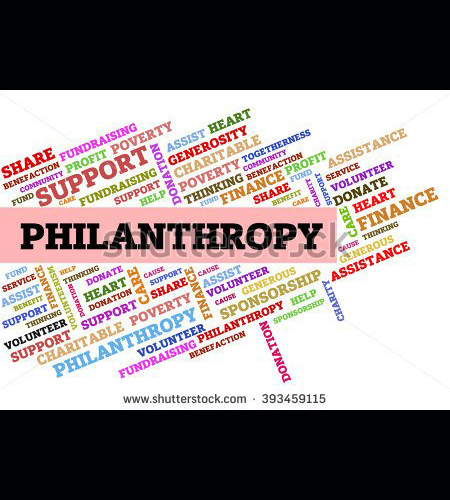May 14, 2015–In response to “Philanthropy Starts After Profits Are Tallied”(New York Times, May 12, 2015), the notion that companies must choose between philanthropy and the welfare of their stakeholders presents a false dichotomy.
Leading CEOs have realized that they can align mission and market. Coca Cola and PepsiCo have campaigned against their own (short-term, though not long-term) economic interest by pursuing calorie reductions to help reduce obesity; CVS arguably did the same when it abandoned tobacco sales.
In a time of heightened societal and economic challenges, corporate community engagement can advance both social and commercial interests. We’re better off encouraging companies to do more promises better returns than hectoring with tired old arguments.
Leading companies are paying close attention to “how the money was made”. Customers, investors, and employees are requiring such transparency because they want to understand the values of the companies.
And it yields growth. While tackling challenges such as illiteracy, water scarcity, or workforce development, societal investment is a line to new markets, R&D, sustainable supply chains, engaging employees, and positive brand reputation.
Financial success is not a sin that needs to be ameliorated. It is precisely the scope and scale of today’s largest companies that holds the most promise for solving society’s toughest challenges.


